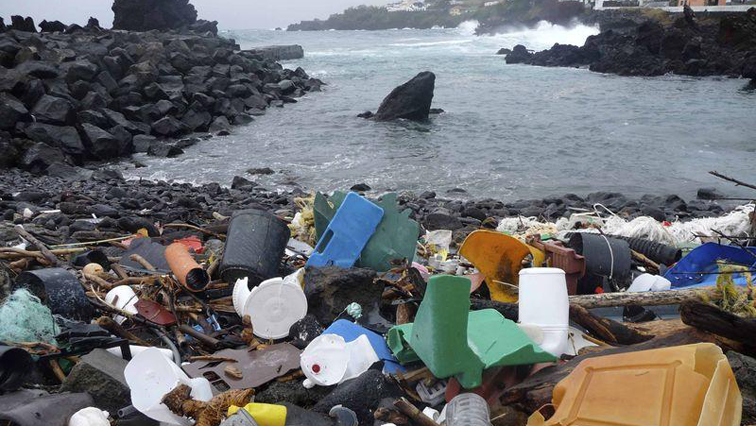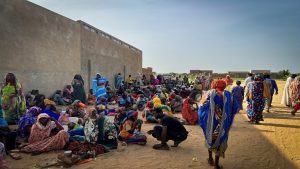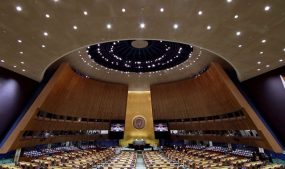Companies should be doing more to protect the world’s oceans, including combating plastic waste pollution, Norway’s sovereign wealth fund, the world’s biggest, says on Wednesday.
“The ocean is a vital part of the biosphere and an important part of the global economy,” says Yngve Slyngstad, the head of the fund valued at 8.66 trillion kroner (890 billion euros, $1.03 trillion).
“We expect companies to manage the challenges and opportunities related to sustainable use of the oceans,” he adds.
A heavyweight on the global finance scene, the Government Pension Fund Global published a document outlining what it expects from the 9,000 companies in which it holds stakes.
Among other things, it urged them to integrate environmental ideas into their business strategies, suggesting for example that plastics producers plan a transition to a “circular economy” frugal in raw materials, and that fisheries companies incorporate forecasts on future stocks in their planning.
The recommendations apply to companies active at sea — shipping, fisheries, fish farms — as well as others on land whose activities may affect the oceans, such as distribution and plastics industries and agriculture, the fund says.
The fund has in the past laid out its expectations on other issues, including better efforts in water management, anti-corruption, human rights and tax transparency, judging that bad practices in these fields can ultimately hurt companies’ profitability.
On Wednesday, the fund also published a document reviewing its support of the United Nations sustainable development goals.
“Our most important contribution is to strengthen governance, improve performance and promote sustainable business practices,” Slyngstad says.
In addition to its expectations based purely on financial considerations, the fund also follows ethical guidelines that bar it from investing in, among other things, companies that commit serious human rights violations, manufacture nuclear or “particularly inhumane” weapons, or those in the coal and tobacco industries.
Three Dutch #women invented a way to catch #plastic waste before it can pollute the oceans | the Great Bubble Barrier | @DeltaresNL @deltares | @walruswhisperer @XhantiPayi @jannekeniessen @HumanlyAwkward @EU_MARE @ICES_ASC @EU_Sciencehub @marineinst @gazzema @Kevin_ODonovan pic.twitter.com/6rUHGBa3En
— Bonnie Horbach – Ambassador to Lithuania (@HorbachBonnie) 26 August 2018






